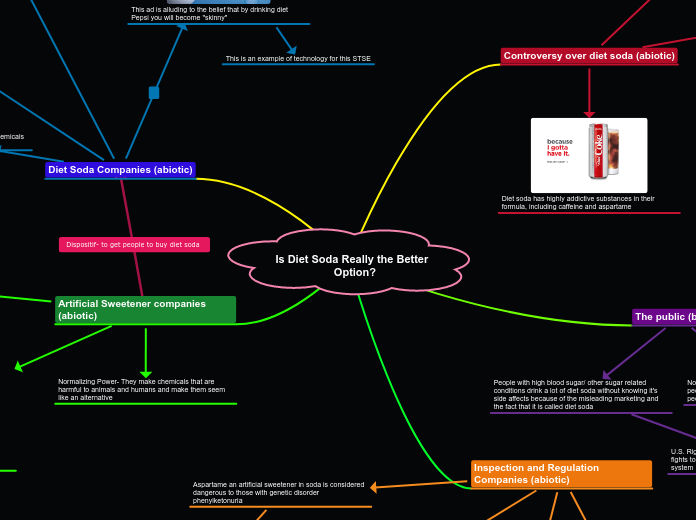realizată de Ikram Zaina 5 ani în urmă
488
Is Diet Soda Really the Better Option?

realizată de Ikram Zaina 5 ani în urmă
488

Mai multe ca acesta
Acesulfame Potassium
Saccharin
Sucralose